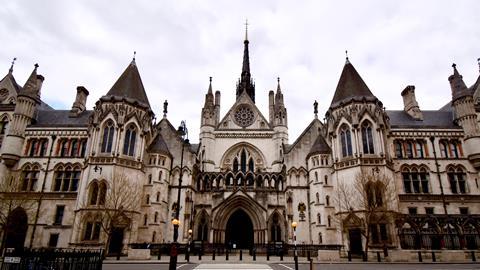A High Court judge has dismissed a disclosure application in the ongoing litigation involving international firm Dechert and its former head of white-collar crime after finding that even a redacted document might risk revealing a journalist’s source.
In Stokoe Partnership Solicitors v Dechert LLP & Ors, Mr Justice Murray rejected two applications for a non-party disclosure order against Franz Wild, editor of the Bureau of Investigative Journalism and Times Media Limited. Both applications, identical in terms, were tried together. One was made by Stokoe Partnership Solicitors in its claim against Dechert and Gerrard while the other application was made by Jordanian lawyer Karam Al Sadeq in his claim against Dechert, Gerrard and others.
Stokoe and Al Sadeq sought orders for Wild, the Bureau of Investigative Journalism and the Sunday Times to disclose documents which led Wild to ask for a response over alleged evidence of computer hacking.
The judgment is the latest in a long-running legal fight between Al Sadeq and Dechert. Al Sadeq is suing Dechert, Gerrard and others, claiming unlawful abduction, detention, torture, interrogation, and being denied proper legal representation during an investigation conducted by the firm into the sovereign investment fund of Ras al Khaimah, an emirate of the UAE.
Stokoe, a criminal defence firm, alleges it was subject to attempted cyber-attacks after taking on Al Sadeq’s case.
Dechert and all respondents deny all claims of wrongdoing.
The judgment acknowledged that ‘a document may exist in a unique form, accessible only to a few persons who would be easily identified by someone whose interests might be harmed by the disclosure (for example, fellow conspirators)’. It added: ‘The form of the document may be such that the risk of disclosure cannot be cured by redaction.’
Refusing the application, the judge said: ‘I sympathise with the difficulties that the applicants face in obtaining evidence in relation to the hacking campaign.
‘Were it not for section 10 of the Contempt of Court Act 1981, I would make the order now sought by the applicants, because I would conclude that the applicants’ rights to a fair trial of their claims ... outweigh the Article 10 [freedom of expression] rights of the respondents.'



























